Movies

The Dude In Me 2019 (South Korea)

Happy Together: Season 4 2018 (South Korea)

The Producers (South Korea) 2015
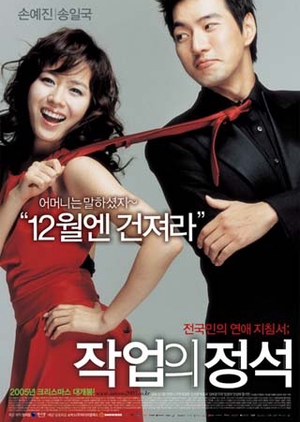
The Art of Seduction 2005 (South Korea)
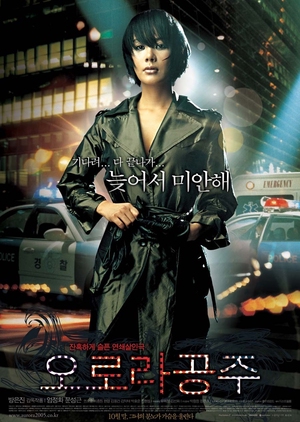
Princess Aurora 2005 (South Korea)

Marrying the Mafia II 2005 (South Korea)
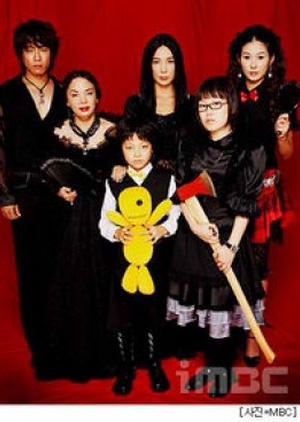
Hello, Franceska 3 2005 (South Korea)
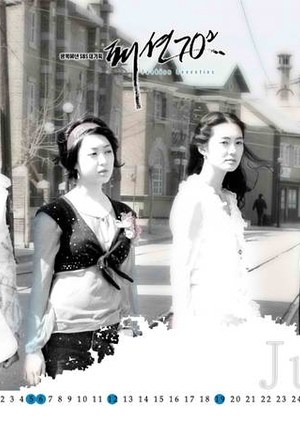
Fashion 70's 2005 (South Korea)

Biscuit Teacher and Star Candy 2005 (South Korea)
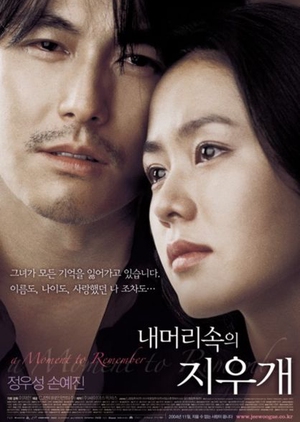
A Moment to Remember 2004 (South Korea)
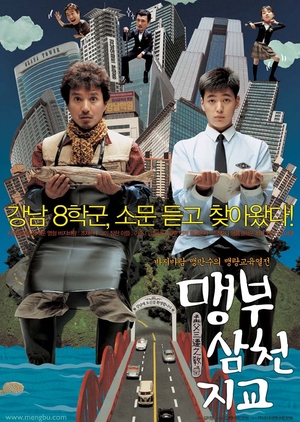
Father And Son : The Story Of Mencius 2004 (South Korea)
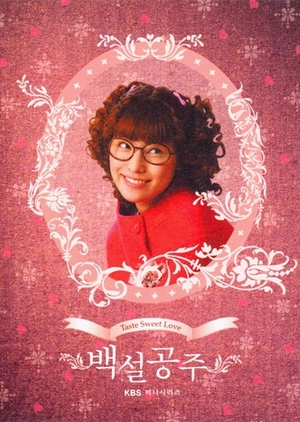
Snow White 2004 (South Korea)
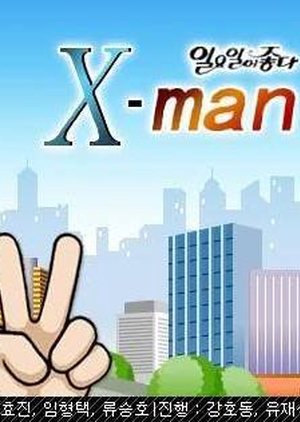
X-Man 2003 (South Korea)
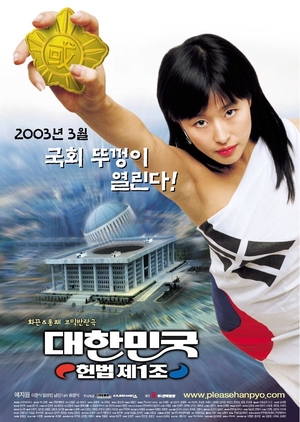
The First Amendment of Korea 2003 (South Korea)
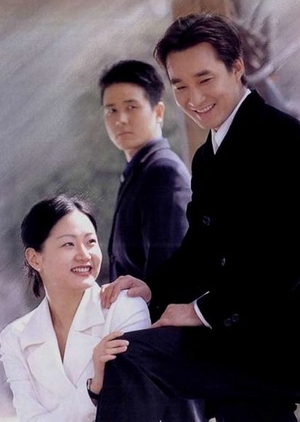
Song of The Wind 1998 (South Korea)
